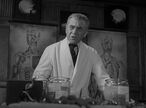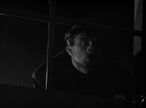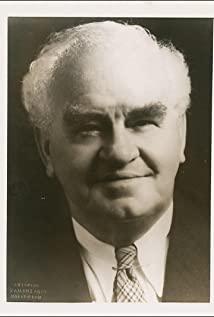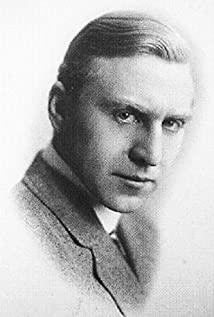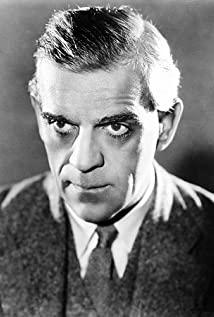Personally create a living body, let its lifeless flesh and blood reopen its eyes, think and move.
This is an exciting thing for any scientific worker.
However, early scientists rarely thought about the ethics of science. He regarded the new life as a scientific achievement, a successful experiment, rather than an independent individual.
Similarly, when there is a trace of his behavior, people's first reaction is fear and destruction.
Scientists devote themselves to making Frankenstein for "career". Stealing corpses, stealing brains, and indifferent to his fiancée, a typical workaholic image. It is conceivable that the success of this Frankenstein's production will cause much shock in his heart.
However, after Frankenstein did appear, his reaction quickly changed from ecstasy to fear.
I was very impressed by the action of Frankenstein after waking up. He has been imprisoned in the dark, and chanced to see the sunlight, his first reaction is to slowly raise his hands, wanting to touch the light.
He is a "person" with a surprisingly large body and a white heart.
However, what can give the scientists and assistants peace of mind is not to understand his white heart, but to find a weapon to subdue his huge body.
Frankenstein escaped because of good intentions doing bad things, and because of angry revenge, killing many people.
This is a complete tragedy.
When watching a movie, one of the things I was wondering was, if I were the scientist, would I be able to "tame" this monster with the patience?
However, everyone's reaction should be the same when faced with things that people create and cannot control.
(Hey...what am I talking about...
View more about Frankenstein reviews





